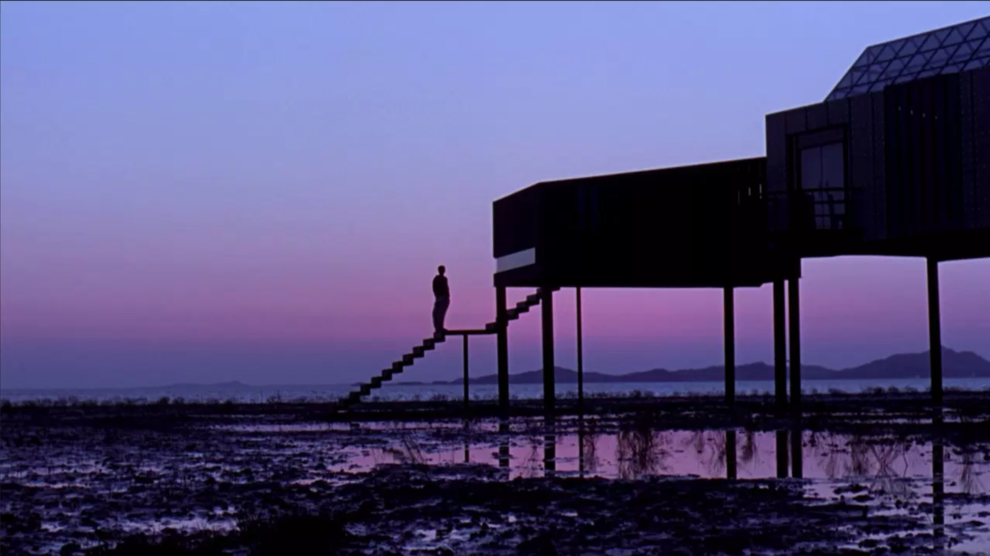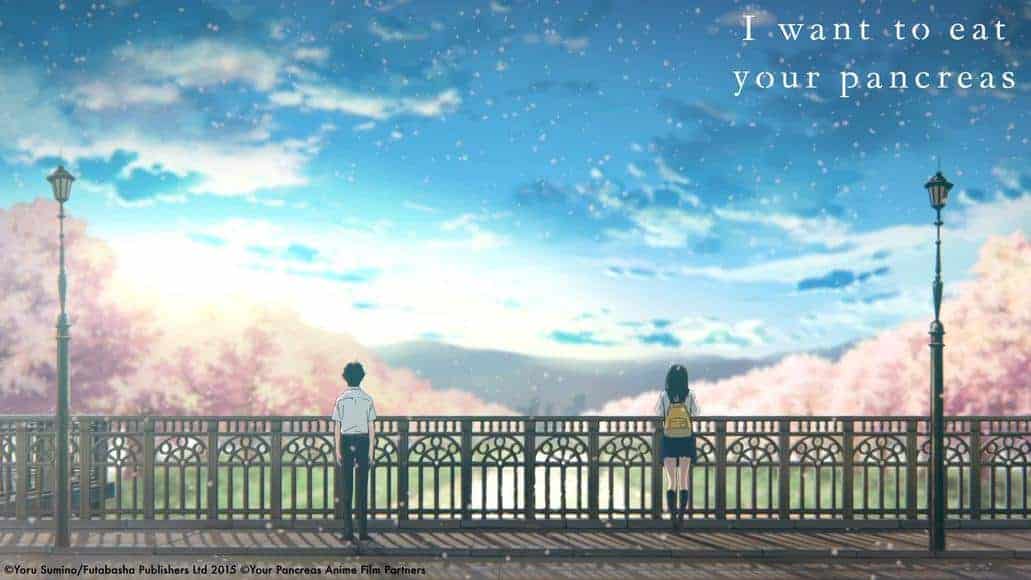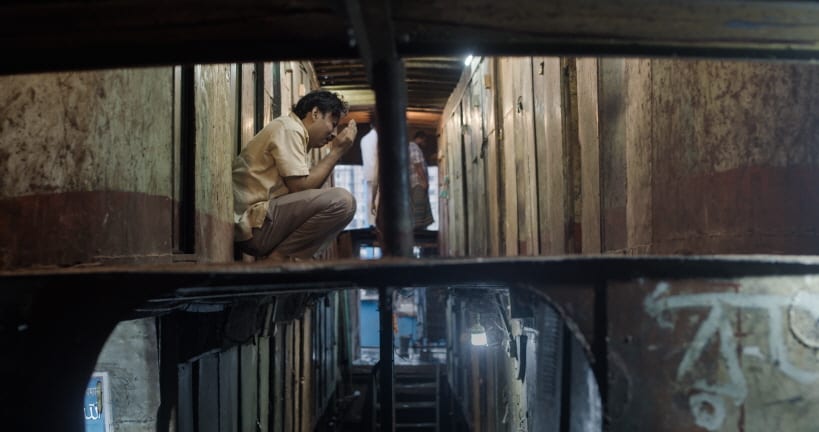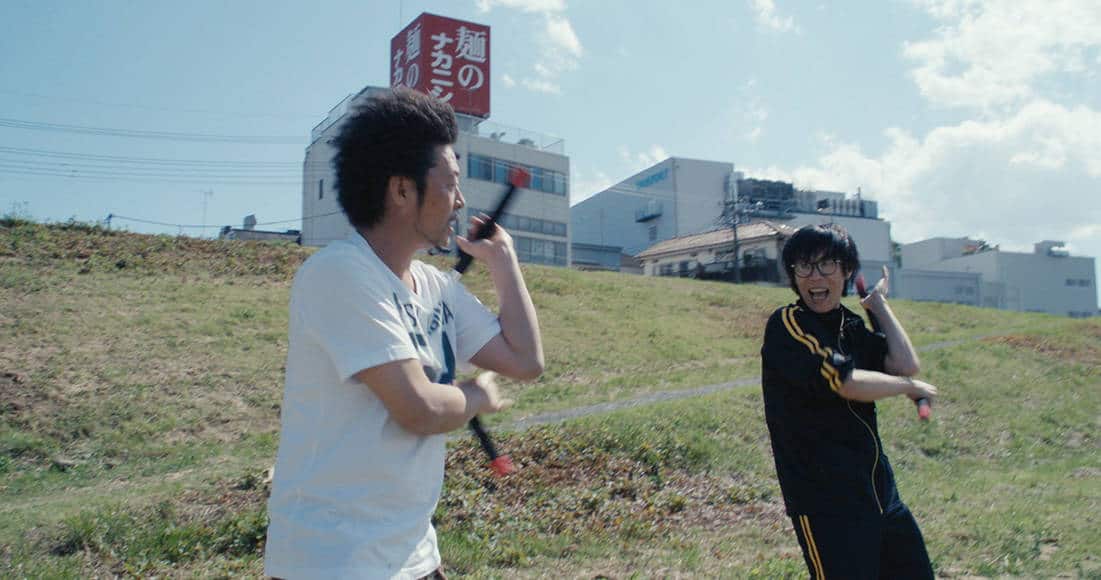Romantic movies are not everyone's cup of tea, surely not mine. However, Korean Cinema has presented few ground-breaking works that, for the originality of the script or for the great onscreen chemistry between the protagonists or for a magic ensemble of elements, managed to crossover the target audience circles and become everyone's cup of hot chocolate. “My Sassy Lady”, “A Moment to Remember”, “Castaway on The Moon” are only few of those champions and “Il Mare” is a leading star of the group. The film – which also led to an abysmal US remake with Keanu Reeves and Sandra Bullock (The Lake House, 2006) – has generated a proper following, with fans belonging to very different demographic pools from the one the film was originally intended for.
Watch This Title

It's Christmas time and Eun-joo (Jun Ji-hyun) is moving out of a beautiful house on stilts overlooking the sea, called Il Mare (The Sea, in Italian) that she has been renting for a short while. She doesn't want to miss out her mails – especially a particular letter she hopes to receive from the US – so she leaves a card for the next tenant in the mailbox in front of the house, where she kindly asks to forward any mails to her new address. She also wishes a Happy 1999 Christmas. Later she finds a reply from someone stating that there must be a mistake as he is pretty sure the current year is 1997. The man of the reply is Sung-hyun (Lee Jung-jae), an aspiring architect, temporarily working in construction, who has just moved in. He is confused and intrigued by the letter, not only because of the date's discrepancy but also because he is the first owner living in that house, and he knows it more than well as it was built by his estranged father, a notorious architect and lecturer. After a short exchange of perplexed messages, they realise that they are indeed 2 years apart in time but they can communicate via the mailbox which, in some mysterious ways, is acting as a portal between the two timelines.
A conversation between Eun-joo and Sung-hyun starts to unravel and the two grow closer, gradually unveiling their lives and souls to each other. Eun-joo is now living in a modern block of flats in the city, surrounded by indifferent neighbours and working as a voiceover artist. Her only confidant is an old friend who owns a manga shop, and she is still emotionally involved with her former boyfriend. They had split up a couple of years earlier when he moved to the US to study, but she still holds hopes. On the other hand, Sung-hyun is working in construction because his tainted relationship with his father is preventing him from pushing forward his architectural career and he is completely isolated in his fascinating and remote cocoon-house. When the idea of a rendez vous starts to delineate, the two decide to fix a date in the near future; for Eun-joo it will only be few days ahead but Sung-hyun will have to wait two years. However, he wholeheartedly promises to attend and when he doesn't show up at the appointment, a shuttered Eun-joo can only think that in two years he has forgotten about her. But, has he?
“Il Mare” utilises very effectively an unusual time-portal sci-fi-ish trope in the form of a “twilight mailbox” to refresh the overused romantic parable of the impossible love. The mysterious mailbox is never explained, in fact the movie doesn't even attempt to do it, as the tale works perfectly the way it is. The box can be read as a symbol of chance and serendipity while the time discrepancy is an intensifier of the aching feeling of longing. Romantic movies are full of ill-fated long-distance relationships, not many however feature a cracked time-continuum relationship. The impossibility to meet in real time creates a really burning tension and gradually becomes the magnetic force that draws the audience in.
The theme of loneliness goes hand in hand with the romantic narration. Eun-joo is lonely in the big city, surrounded by people and yet alone and separated by her unresponsive boyfriend. Sung-hyun is lonely in his amazing home, lonely in his construction job as he doesn't really belong there, and finally lonely as his father has left him and his mum pretty early on, to follow his career. He will discover that loneliness was the driving force behind his father's project of Il Mare, the connective tissue linking human and space through intimacy. Sung-hyun will discover later that it was intended as a present for him from his father; he had reached out to his son with the only kind of emotional language he knew, building a house. And that house is now a testament of his mistakes and his love. Not everybody loves in the same way is the lesson to be learned here and Sung-hyun will learn it too late, after his father's death.
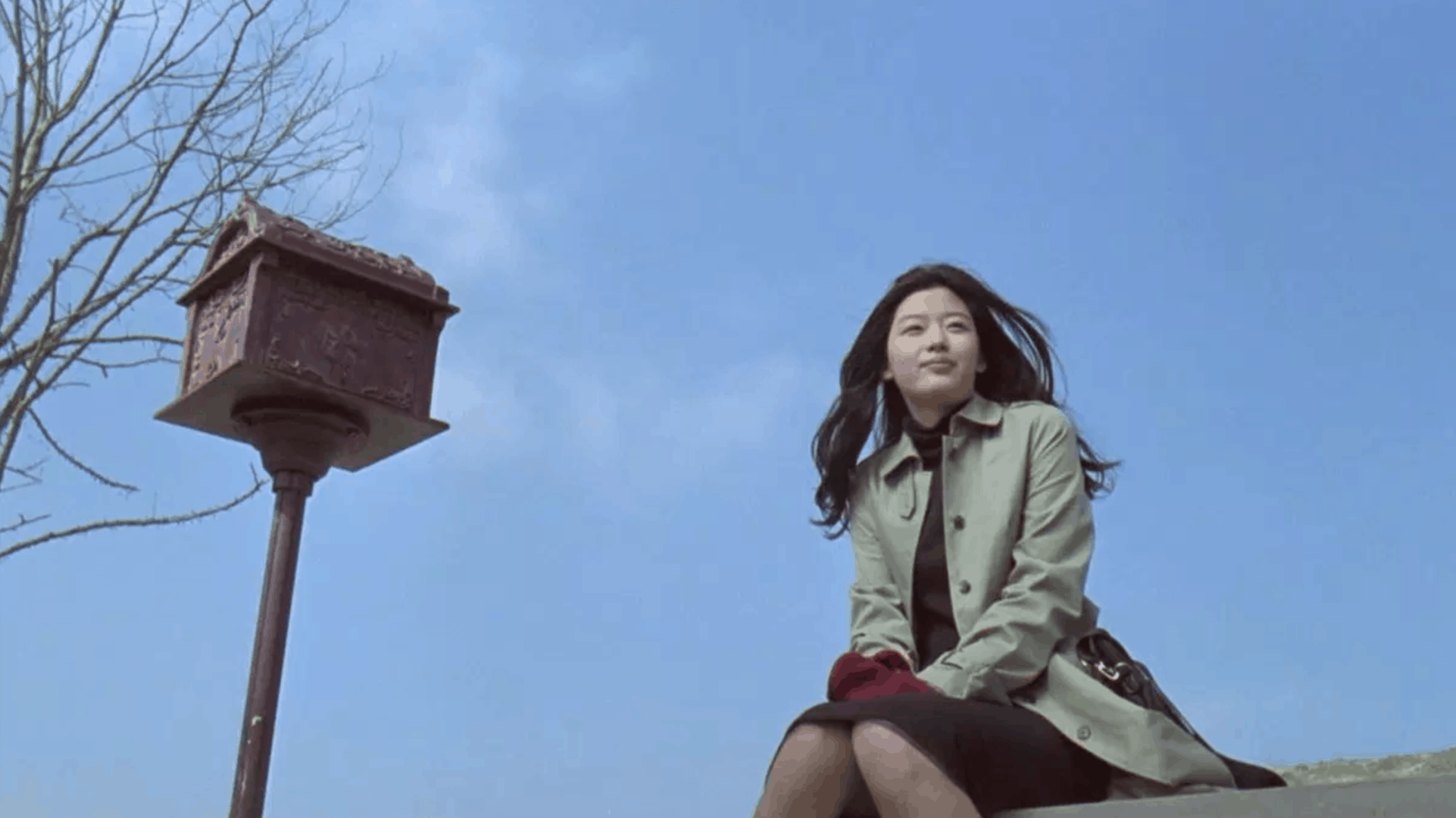
The beautiful titular house is a bona fide star of the movie and part of its cult. Il Mare stands alone on the coast, on that undefined territory where dry and wet are dictated by tides. It symbolises the liminal space between earth and see, between Eun-joo and Sung-hyun, and it's sitting at the very frightening edge of the new millennium. Il Mare's architectural presence and its quirkiness have a dreamy quality, the stark silhouette on the slim stilts, the minimalist lines and the quirky stairs ending in the water are used at their best by the elegant cinematography. More displays of exquisite compositions can be found in the scenes of Sung-hyun working on a grand bridge characterised by the geometry of the tension cables.
Another big part of the charm of this movie is constituted by Jun Ji-hyun and Lee Jung-jae. Both in their prime (and impossibly handsome), they manage to establish great chemistry hardly appearing in a scene together, which is exactly what happened to the protagonists. Lee Jung-jae – despite playing a different character from “My Sassy Lady”'s one – displays the same original personality and humanity that – in my opinion – place her a step above many good Korean actresses. Lee Jung-jae fits well in the shoes of Mr Nice Guy, cooking spaghetti like a Master Chef and sipping fine wines over the Jazzy OST, sometimes dangerously on the verge of looking like a chocolate box commercial, but always very likable.
“Il Mare” is over 20-years-old now, but it is ageing well. The magic combination of the interesting characters, the timeless beauty of soulful architecture, the freshness of the sci-fi MacGuffin, the involving near-impossible romantic plot have made “Il Mare” a unique experience and one beloved chapter of Korean Cinema.


